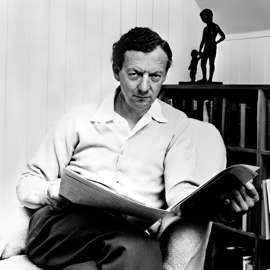 SPONSORED: Ensemble. Last Gasp of Boyhood. Roderic Dunnett investigates Jubilee Opera's A Time There Was for the Benjamin Britten centenary.
SPONSORED: Ensemble. Last Gasp of Boyhood. Roderic Dunnett investigates Jubilee Opera's A Time There Was for the Benjamin Britten centenary.
All sponsored features >>
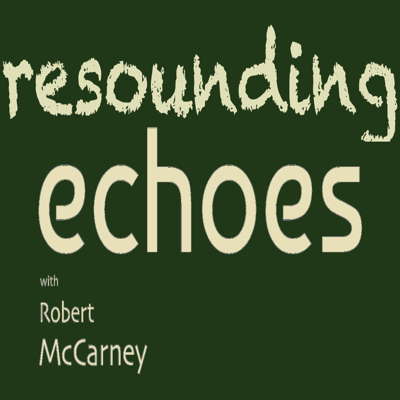 RESOUNDING ECHOES: Beginning in 2022, Robert McCarney's occasional series features little-known twentieth century classical composers.
RESOUNDING ECHOES: Beginning in 2022, Robert McCarney's occasional series features little-known twentieth century classical composers.
 DISCUSSION: What is a work? John Dante Prevedini leads a discussion about The performing artist as co-creator, including contributions from Halida Dinova, Yekaterina Lebedeva, Béla Hartmann, David Arditti and Stephen Francis Vasta.
DISCUSSION: What is a work? John Dante Prevedini leads a discussion about The performing artist as co-creator, including contributions from Halida Dinova, Yekaterina Lebedeva, Béla Hartmann, David Arditti and Stephen Francis Vasta.
Winning Effect
MIKE WHEELER is impressed by a collaborative J S Bach and Vivaldi concert
The working relationship between Derby Cathedral Choir and Sinfonia Viva is bedding in nicely, as their joint J S Bach-Vivaldi concert showed.
The first half, directed by leader, Sophie Rosa, hit the ground running with as lively a performance of Bach's Third Brandenburg Concerto as I've heard. The bouncy, effervescent account of the first movement included some effective tonal shading as the focus of interest moved onto the lower strings and back. The two chords that do duty for a second movement have prompted much discussion over the years about what to do with them. Here they were linked by a short flourish from harpsichord player Charlotte Turner. The third movement then skipped along, full of fizz and sparkle.
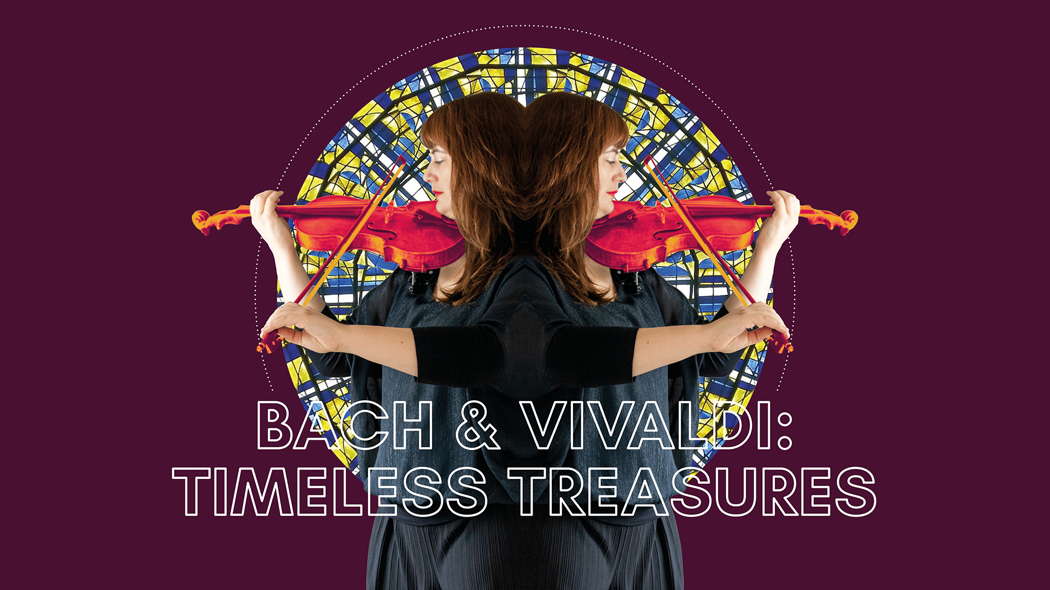
Promotional material for Sinfonia Viva's 'Timeless Treasures' concert, 9 November 2024 at Derby Cathedral
Soprano Zoë Brookshaw joined the orchestra for Vivaldi's solo-voice motet Nulla in Mundo Pax Sincera. To the lilting, swaying account of the opening aria, she brought an easy flow, graciously ornamenting the da capo repeat. In the following recitative, she coloured the significant words with great flair, while the forcefulness she brought to her second aria, warning against the deceitful snake in the undergrowth, could easily have been that of a Pergolesi maidservant putting her foot down. The concluding 'Amen' was simply dazzling.
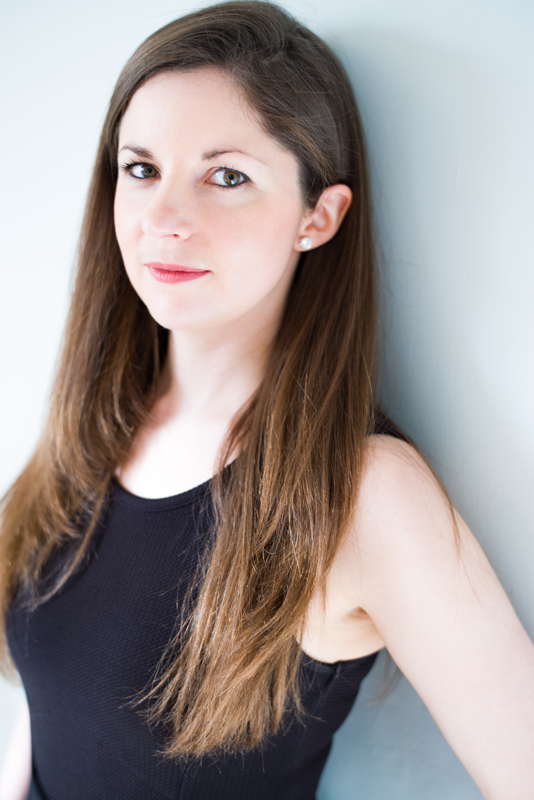
Zoë Brookshaw. Photo © Gerard Collett
Sophie Rosa was centre-stage again, together with her husband Peter Liang, for Bach's Double Violin Concerto, with their sparkling repartee underpinned by spirited playing from their colleagues. They made a graceful dance of the second movement, with some ear-catching soft staccato phrases all round. The third movement positively zipped along, and I found my feet tapping at a number of points.

Sophie Rosa and Peter Liang
Derby Cathedral's Director of Music, Alexander Binns, took over after the interval for the better-known of Vivaldi's two surviving Gloria settings, RV 589 - why do we so rarely get to hear the other one, RV 588? - with the Cathedral Choir and mezzo-soprano Ciara Hendrick joining the line-up. After an agreeably fresh opening chorus, 'Et in terra pax' had a lulling but also slightly restless quality, which was not inappropriate. Brookshaw and Hendrick communicated with each other visually as well as vocally in a sprightly 'Laudamus te', followed by the choir's incisive account of the 'Propter magnam gloriam' fugue.
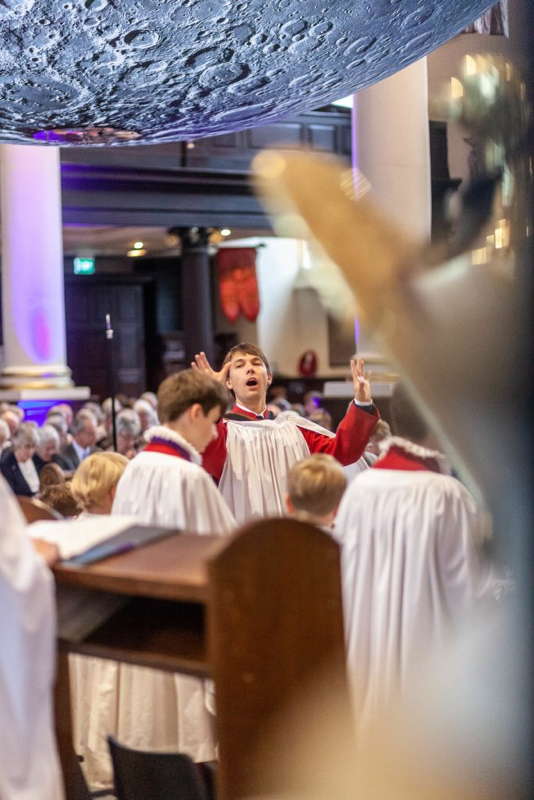
Alexander Binns directing Derby Cathedral Choir
Oboist Maddy Alldis-Evans came forward for her obbligato in the soprano aria 'Domine Deus', in which she and Brookshaw elegantly reflected each other's graceful phrasing. The contrast between everyone's rhythmic exuberance in 'Domini fili unigenite' and the sombre alto solo and chorus 'Domine Deus, Agnus Dei', was allowed to make its own point without exaggeration, with Deirdre Bencsik supplying a cello obbligato all the more soulful for its restraint. Like the previous declamatory choral numbers, 'Qui tollis peccata mundi' had plenty of solidity, and Hendrick brought firmness to 'Qui sedes ad dexteram Patris'.
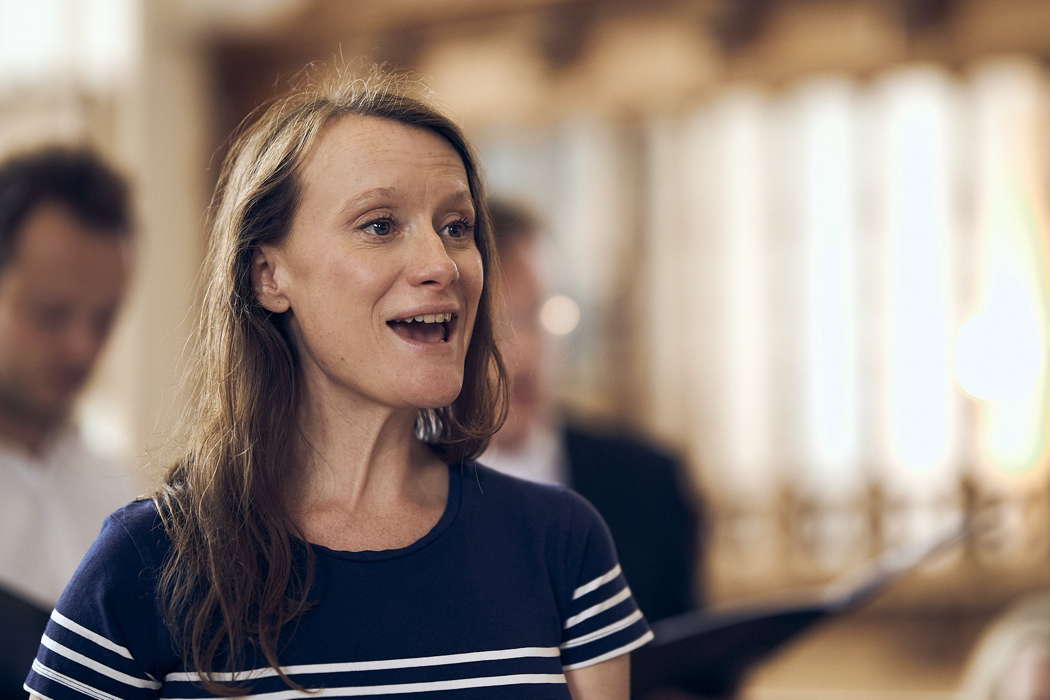
Ciara Hendrick
After the reprise of the opening chorus, the concluding 'Cum Sancto Spiritu' felt more relaxed than some performances I've heard, to winning effect.
Copyright © 14 November 2024
Mike Wheeler,
Derby UK



